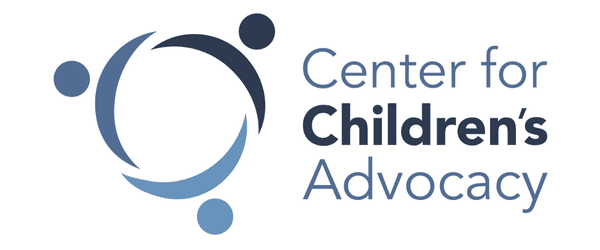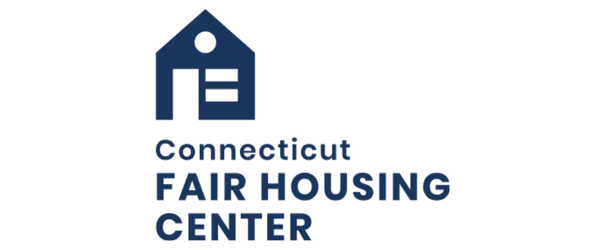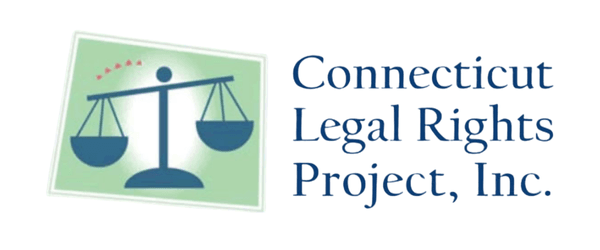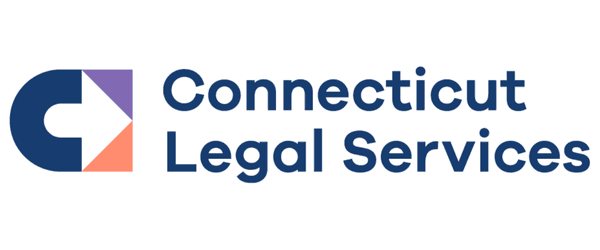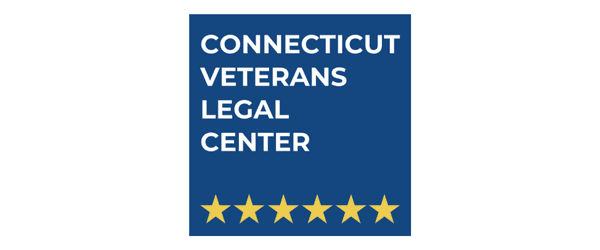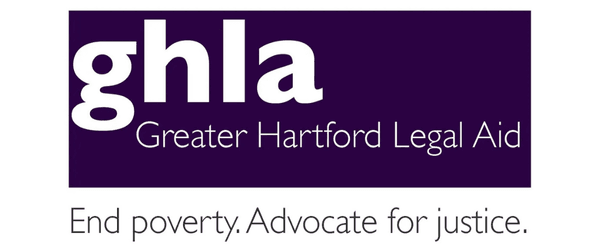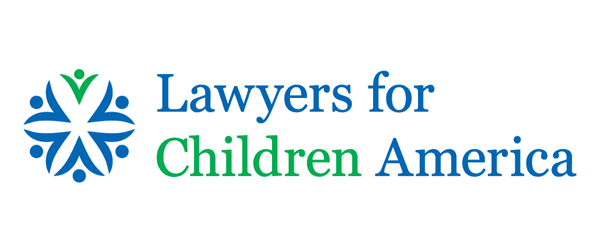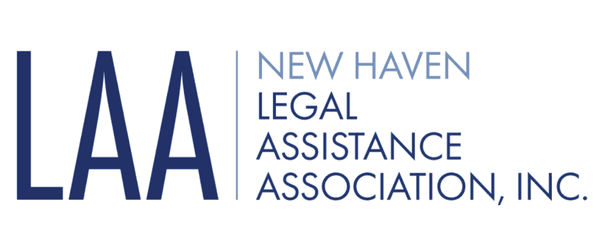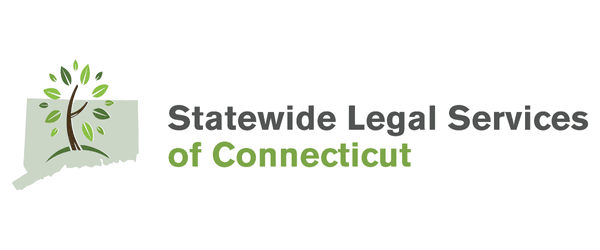CONNECTICUT BAR FOUNDATION
CONFLICT OF INTEREST POLICY
The Connecticut Bar Foundation (Foundation) consistently follows a policy of avoiding any conflict of interest, or appearance of conflict of interest, on the part of its directors and staff in the review of grants and all other aspects of the Foundation’s operations. Part A of this Conflict of Interest Policy applies to the Foundation’s directors and senior staff (collectively, “Covered Persons”). Part B of this Conflict of Interest Policy applies to all Foundation staff. The Executive Committee shall have the responsibility to review this policy periodically, to recommend changes, if any, to the Foundation’s Board of Directors (Board), and to undertake such other responsibilities as set forth below. The Executive Director of the Foundation shall be responsible for monitoring the implementation and adherence to the policy.
Part A: Directors and Senior Staff
It is recognized that Covered Persons are actively involved in other charitable, business, and community affairs. Pursuit of these experiences is generally encouraged and often provides perspectives that enrich the Foundation’s deliberations; however, in some cases, they may create a duality or conflict of interest that needs to be disclosed and addressed.
This Conflict of Interest Policy sets forth the Foundation’s considered judgment regarding the best approach to balancing three goals: (1) ensuring that the Foundation’s decisions benefit from the fullest input of its Covered Persons, drawing on their accumulated experiences; (2) avoiding both the reality and the appearance that the objectivity of the Foundation’s decisions is compromised by any conflict of interest by a Covered Person or a Related Party; and (3) avoiding both the reality and the appearance that any Covered Person or Related Party benefits from decisions made by the Foundation. The term “Related Party” means (i) members of one’s immediate family or one’s spouse’s immediate family, which includes a spouse, parent, child, grandchild or person sharing the same home; (ii) estates, trusts and partnerships in which one or one’s immediate family has a beneficial interest; and (iii) any corporation or entity in which one or one’s immediate family is a beneficial owner of more than five percent of the voting interests.
Towards this end, the Foundation hereby adopts the following policies:
1. Potential Conflicts Arising with Prospective Grantees. If a Covered Person or Related Party currently serves, or has served within the past two years, on the board or staff of, or is otherwise substantively involved in, an organization that might reasonably be expected to seek funding from the Foundation, such Covered Person shall take care to avoid any actions that will favor the potential applicant in its relationship with the Foundation.
Unless specifically approved in advance by the Board or the Executive Committee, Covered Persons shall: (a) refrain from sharing nonpublic information obtained through the Foundation that would provide an advantage to the potential applicant organization; (b) refrain from active involvement in the organization’s planning or preparation of any inquiry or grant request to the Foundation; (c) abstain from discussion and voting on any grant request submitted by the organization as further provided below, except that Covered Persons need not abstain if their only role will be to ratify a funding decision already made by authorized and disinterested directors, committee members or senior staff; and (d) refrain from contacting Foundation staff or speaking at the Foundation’s Board or committee meetings on behalf of the organization; provided that the Covered Person may respond to inquiries from the Foundation’s Board, and may raise an issue in exceptional circumstances when failure to do so would be detrimental to the Foundation or the community.
A Covered Person who also serves on another organization’s board or staff shall carefully consider his or her obligations to each organization in matters related to fundraising and development.
2. Potential Conflicts Arising from Business Activities. Covered Persons shall take all reasonable steps to avoid actual or perceived conflicts of interest arising from their or a Related Party’s business activities. Specifically, the provisions of the second paragraph of Section 1 shall apply whenever a Covered Person or Related Party has a business relationship with a potential applicant organization.
Covered Persons, Related Parties or their respective firms, unless specifically approved in advance by the Board, may not engage in any business relationship with the Foundation. The Board shall approve any such business relationship with the Foundation only in exceptional situations such as when there is no practical alternative supplier of the business to the Foundation or the price or conditions offered by the Covered Person, Related Party or their firms are distinctly more favorable than any practical alternative.
Covered Persons may not engage in business relationships that result from a grant or other decision of the Foundation. In determining whether a business relationship results from a decision of the Foundation, the following factors should be considered: (a) the time that has elapsed since the Foundation’s decision; (b) whether the Covered Person or his or her business will be paid with Foundation funds; (c) the degree of overlap between the focus of the Foundation’s decision (e.g., awarding a grant or selecting an investment manager) and the content of the Covered Person’s business; (d) whether the Foundation plays any role in selecting the business that provides the service in question; and (e) whether the business providing the service will interact in any substantial way with the Foundation.
In the course of their non-Foundation business or other activities, Covered Persons shall not intentionally use their association with the Foundation to leverage favorable treatment or advantage from any business, organization, or person.
3. Acceptance of Gifts by Covered Persons. No Covered Person will accept any gift or other item of value from a person or an organization that could reasonably be expected to apply for a grant or seek business from the Foundation, with the exception that ordinary and reasonable business courtesies or de minimis gifts which are not solicited, and which are accepted with no intention to confer unfair advantage, may be accepted. Covered Persons shall be mindful of the need to avoid any appearance of impropriety in their roles as representatives of the Foundation, and shall make every reasonable effort to conduct themselves accordingly.
4. Implementation of this Conflict of Interest Policy. The Foundation recognizes that the foregoing provisions do not cover all possible situations that might arise, and that the exercise of reasonable judgment will be necessary to apply this policy to specific situations.
a. Disclosure of a Potential Conflict of Interest. Covered Persons who are board members shall immediately disclose a potential conflict of interest (whether or not specifically addressed herein) in writing to the President. Covered Persons who are staff members shall immediately disclose a potential conflict of interest (whether or not specifically addressed herein) in writing to the Executive Director. The Executive Director shall immediately disclose a potential conflict of interest (whether or not specifically addressed herein) in writing to the President.
If a conflict exists or if the President or Executive Director determines that further review would be prudent, he or she shall seek the advice and approval of the Executive Committee in determining whether the situation or transaction is fair and serves the Foundation’s best interests. If the Executive Committee determines that further review would be prudent, it shall seek the advice and approval of the full Board in determining whether the situation or transaction is fair and serves the Foundation’s best interests.
b. Restraint on Participation in the Event of a Conflict of Interest. Covered Persons who have declared or have been deemed to have a conflict of interest must refrain from consideration of the proposed actions or transactions in which the conflict may be present, unless for special reason the Board, Executive Committee, or President or Executive Director requests information or interpretations, or agrees to waive the conflict. The Covered Person shall refrain from voting on any such transaction, participating in deliberations concerning it, or using personal influence in any way in the matter. The Covered Person’s presence may not be counted in determining the quorum for any vote with respect to a business transaction in which he or she has a possible conflict of interest. The proposed action or transaction in which a conflict of interest has been declared or found to exist must be approved by a majority of the disinterested members of the full Board or a committee of directors appointed by a majority of the disinterested members of the full Board which, as the case may be, shall retain detailed minutes of any proceedings involving a potential conflict of interest transaction.
c. Violations of this Policy. If the Board has reasonable cause to believe a Covered Person has failed to disclose actual or possible conflicts of interest, it shall inform the Covered Person of the basis for such belief and afford the Covered Person an opportunity to explain the alleged failure to disclose. If, after hearing the Covered Person’s response and after making further investigation as warranted by the circumstances, the Board determines the Covered Person has failed to disclose an actual or possible conflict of interest, it shall take appropriate corrective action.
Part B: All Staff
Except as specifically approved by the Executive Director after consultation, as appropriate, with the Board, the staff shall avoid actual or perceived conflicts of interest by taking the following steps: (a) no staff member will accept a board or other position with an organization that could reasonably be expected to seek funding from the Foundation, and if such a position is approved, the staff member will play no role with respect to any request from the organization in question; (b) no staff member will play any role with respect to any grant request from an organization with which a Related Party is substantively involved; (c) no staff member will accept any gifts, meals, tickets, or other items of value from an organization that could reasonably be expected to apply for a grant or seek business from the Foundation; and (d) no staff member shall disclose nonpublic information obtained through the Foundation. Staff members will carefully consider the appropriateness of participating in any fundraising event or similar activity benefiting an organization that could reasonably be expected to apply for a grant or seek business from the Foundation.
Staff members shall not intentionally use their association with the Foundation to create any favorable treatment or advantage from any business, organization, or person.
Approved November 9, 2009 by the CBF Executive Committee
Approved November 23, 2009 by the CBF Board of Directors
The Connecticut Bar Foundation Conflict of Interest Policy requires that each board member and staff member sign a statement affirming certain matters.
The undersigned hereby affirms the following:
1. I have received a copy of the Conflict of Interest Policy.
2. I have read and understand the Conflict of Interest Policy.
3. I agree to comply with the Conflict of Interest Policy.
4. I understand that the Foundation is a charitable organization and in order to maintain its federal tax exemption, it must engage primarily in activities which accomplish one or more of its tax‑exempt purposes.

